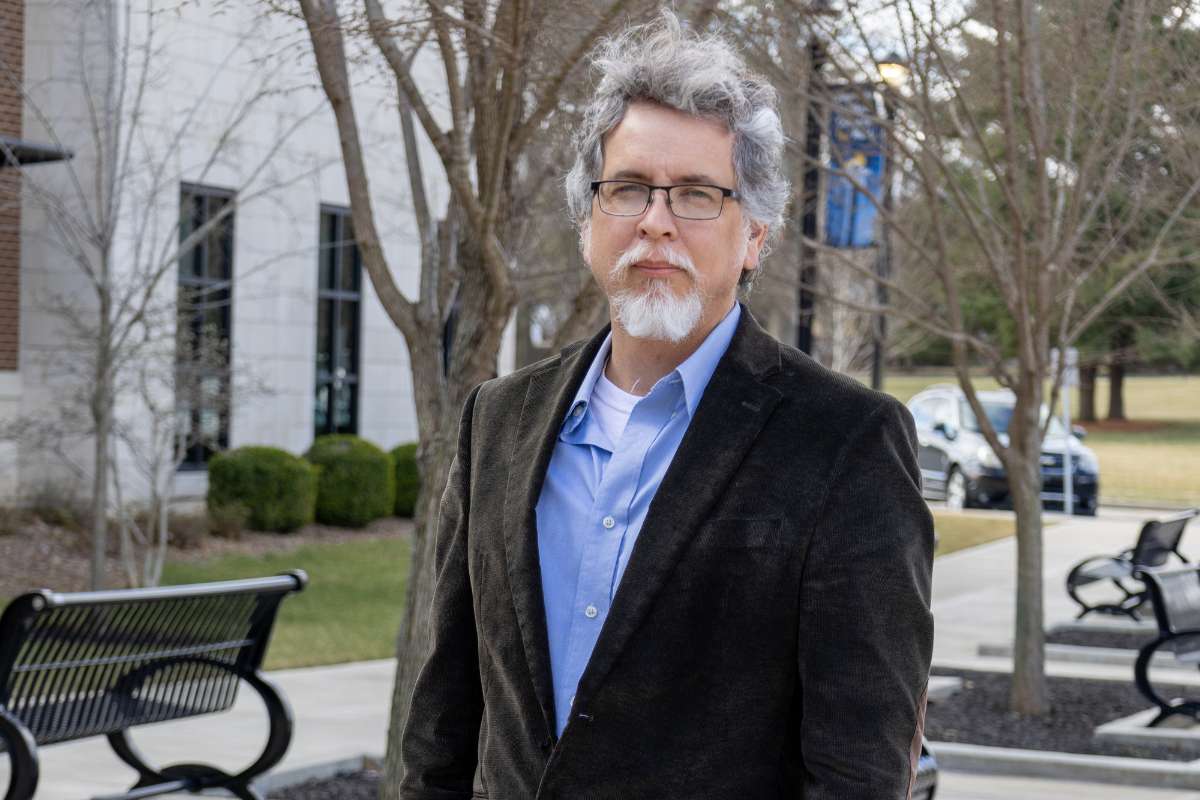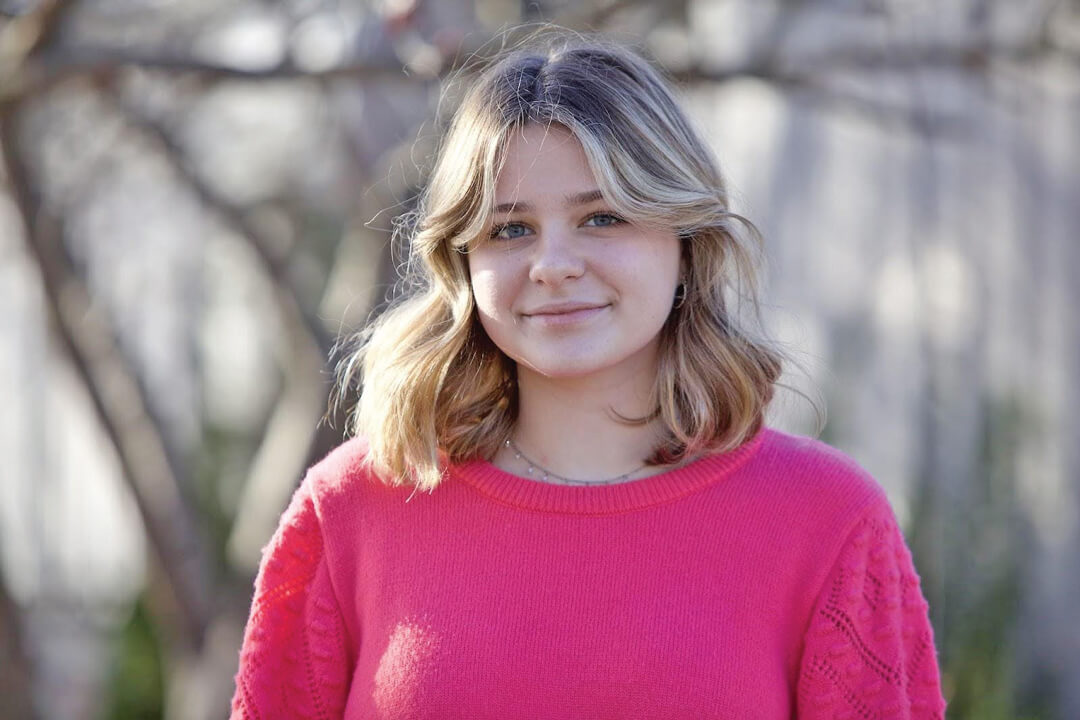HOSPICE OF Southern Kentucky (HSK) has been in Bowling Green for around 45 years and has grown steadily to the point where it has served thousands of people. It has received strong recognition as one of the top hospices in the United States.
Chaplain Tim Colovos serves as the spiritual outreach liaison at HSK. It is an understated job title that doesn’t convey how complex his role really is. Colovos functions as a spiritual counselor, dispenser of knowledge and comfort, and has a wide-ranging influence on entire families.
Colovos has been serving churches in the Bowling Green area since 1989. His initiation into the world of grief counseling came about because of a random, brutal act. In 1992, Colovos, then a youth pastor, was informed that a student’s father had been murdered in a random shooting. With the wife in shock, Colovos was the one who broke the horrifying news to this man’s two children. “That propelled me,” he recounted, “into this traumatic scene. I just feel when people are at their worst is when I need to be at my best.”

Hospice care is a complicated melding. The doctors and nurses are a key part of care, and all patients have access to them, as well as access to an aide, a social worker, and Colovos’s service as chaplain. “A lot of times,” he explained, “I play the role of liaison between the family and the church or community of faith.”
Colovos, of course, devotes pastoral care to the patient, but the patient often is not capable of conversing. And because hospice stays can last many months, there are lots of opportunities to meet with the families. “I get to know them, and they get to know me. And this is also the bittersweet part of my job. I fall in love with these families.”
Colovos must also be prepared to deal with the delicacy of family interactions. He takes pains to emphasize that everyone grieves differently. There are times when siblings are on opposite pages — one sibling might be good with the care the parent is getting, and the other sibling might not be good with it. His job is emphatically not to play police officer but to emphasize what hospice care offers. “Sometimes I can see there’s maybe some discord in the family. I try to help put that together. That’s a benefit of being connected to hospice: We have such a good reputation in our community and surrounding communities that we serve. The interchange with the families is the beauty of it.”

Some patients, sadly, are without a family for a variety of reasons. For these cases, HSK will utilize the services of the 11th-hour volunteers, which is for people with 24 hours to live. Volunteers will sit with that patient for those last 24 hours so they don’t pass away alone.
Hospice care does not end when the patient passes away. Colovos takes part in many of the funerals. HSK has a bereavement coordinator whose team stays in touch with the family for the first year. Colovos said firsts are always difficult — the first birthday or the first holiday. During those times, the bereavement team will contact the family to say, “We’re with you. We want to encourage you.” HSK also offers grief classes.
Two key phrases in HSK’s mission statement are “excellent service” and “compassionate care.” That is a complicated mandate and one that HSK obviously performs amazingly well. Colovos has been with hospice since 2023, and in that time, they have seen over 1,000 deaths.
Colovos’ role — and hospice work in general — is difficult. He is not always able to shut it off at the end of the day and not take the work home. “I believe it is a calling,” he said. “That doesn’t mean that I am more superior than anyone else. It’s a calling that I believe is from the Lord and my faith. I am glad that I have been given the opportunity to do this.” Hospice offers to mend hearts back together. It’s something beautiful to see. GN





















